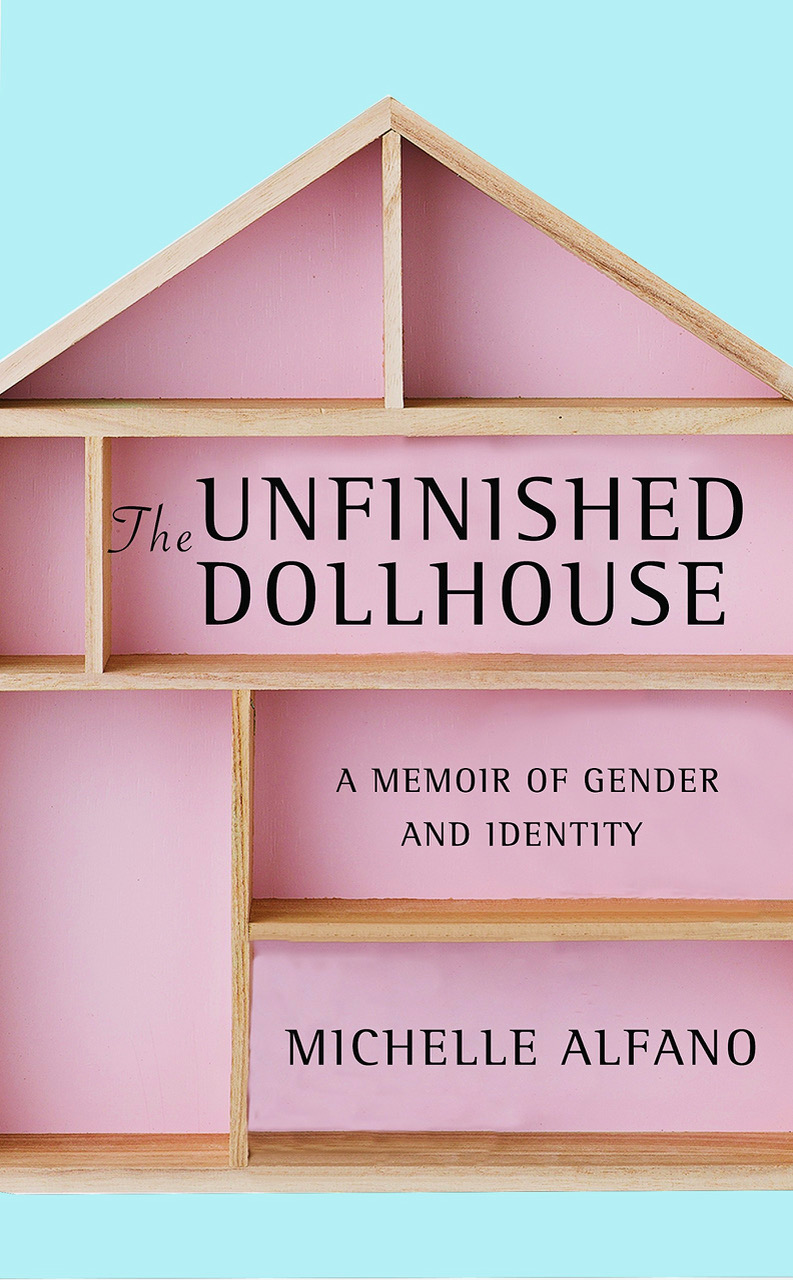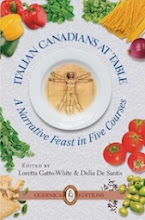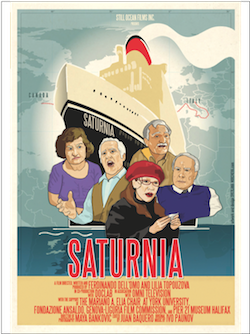 |
| From the Transformation by Fire exhibit |
Transformation by Fire: Women Overcoming Violence through Clay at Gardiner Museum, April 8, 2013
Books:
No More Parades by Ford Madox Ford (Please see review here)
Perfume by Patrick Suskind (Please see review here)
A Man Could Stand Up by Ford Madox Ford (Please see review here)
Film:
No (Chile) directed by Pablo Larraín















